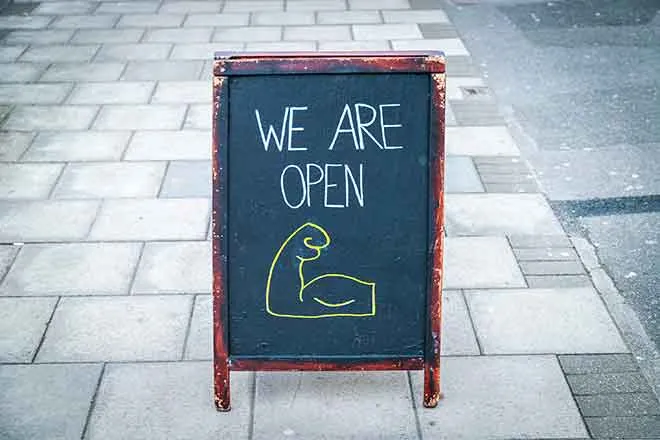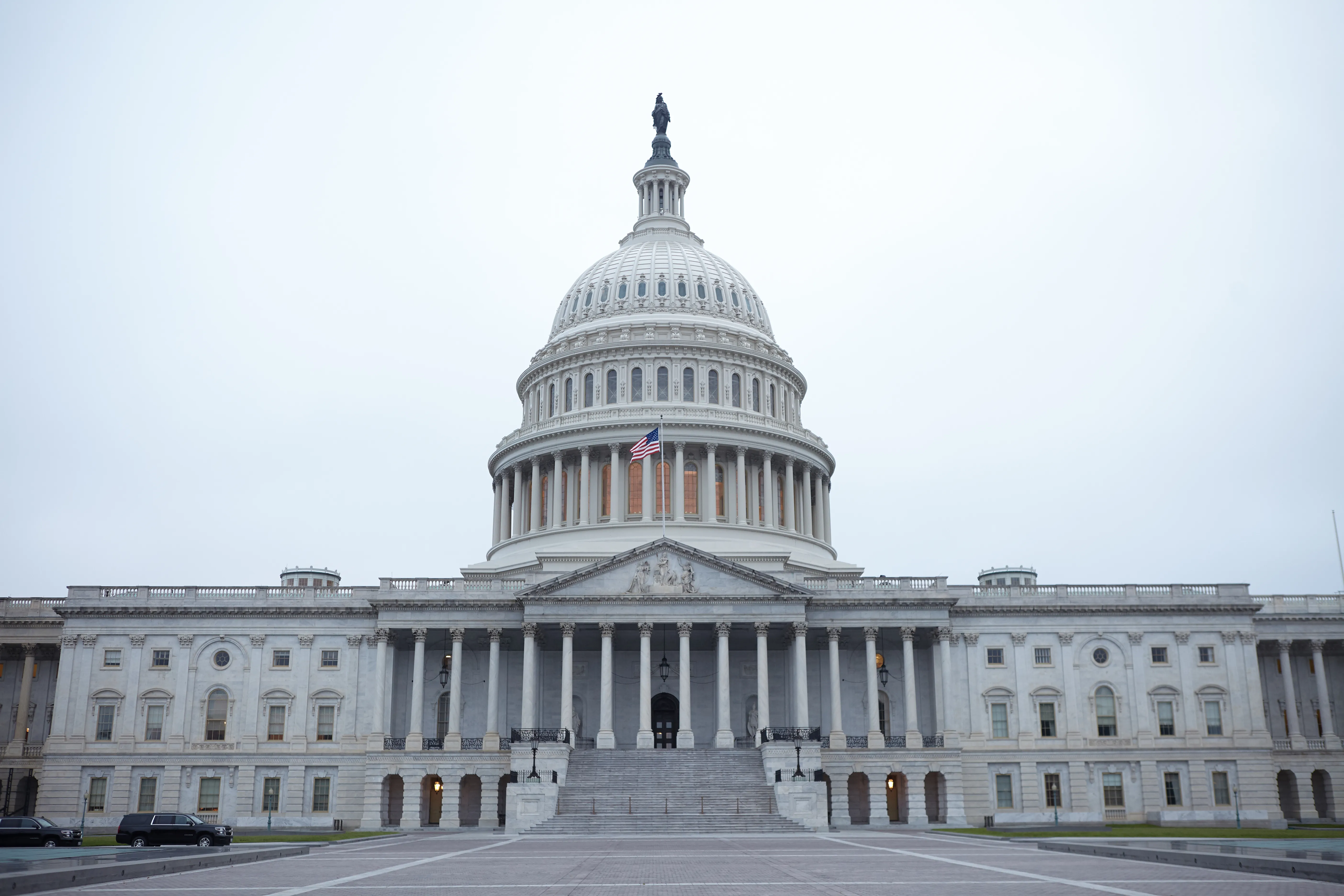
Report: Coloradans face ‘perfect storm’ of mental health challenges
(Colorado News Connection) Mental health challenges are on the rise in Colorado, according to a new report.
Vincent Atchity, executive director of Mental Health Colorado, pointed to multiple stressors, all happening within the span of a couple of years: a global pandemic, a disputed presidential election, conflicting information sources driving communities and families apart, a reckoning for police violence against people of color, climate-fueled wildfires, a shift to remote work, kids unable to attend school, job loss and an opioid epidemic.
"This is as distressing a period of time as I've ever lived through, and I imagine that that's the same for many of us," said Atchity. "All of these things make us anxious and uneasy, and exacerbate conditions of people who had mental-health vulnerabilities to begin with."
New analysis by the United Health Foundation found the number of adults experiencing frequent mental distress in Colorado increased 15% from 2018 levels. The state also scored low for its high prevalence of non-medical drug use.
A task force created by Gov. Jared Polis has led to the creation of a new Behavioral Health Administration, and $450 million in recovery funds are expected to help communities invest in new treatment options.
Atchity pointed to a mobile response team developed in Denver, staffed by mental-health professionals instead of police, to stabilize people and connect them with care.
"They partner with the police, and would call in the police if ever needed," said Atchity. "But so far they've been out on something like over 1,200 calls since last summer, and zero have yielded arrests."
Atchity said the state also needs much more of what is known as supportive housing. In addition to shelter, many people struggling with mental health need help accessing behavioral and medical care, and with basic life skills including finding the local grocery store and finding a job.
"And that is really vital to stabilizing people effectively in their communities and keeping them well," said Atchity, "keeping them from ending up living under a freeway overpass, keeping them from ending up in a jail."

















